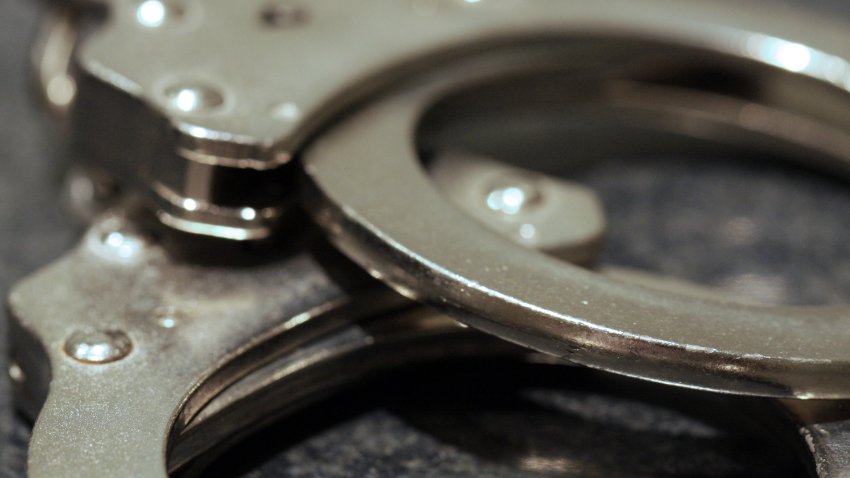

The Latest
-

Magic coach's complaint about officiating validates Celtics' approach
Magic head coach Jamahl Mosley wasn’t happy about the officiating in Game 4, but his comments only prove that the Celtics played a smart game.
-

Why Eastern Bank is merging with HarborOne
Why Eastern Bank is merging with HarborOne
-

Week begins with beautiful weather, temps in the 70s
This week begins with absolutely beautiful weather! Monday looks warm and sunny, with highs climbing into the low to mid 70s, well above the normal high of 61 degrees for early May.
-

Jurors return to courtroom for second week of Karen Read retrial
Week two of the Karen Read murder trial begins Monday morning.
-

9 residents displaced by fire at Dorchester multi-family home
Boston firefighters responded to a blaze at a multi-family home in the city’s Dorchester neighborhood Sunday night.
-

Tatum makes NBA playoff history in Game 4 win over Magic
Jayson Tatum accomplished a unique feat during the Celtics’ Game 4 victory over the Magic.
-

Cleveland fan ejected for heckling Red Sox star Jarren Duran about suicide attempt
Jarren Duran said it was the first time he was heckled by a fan about his suicide attempt and mental health struggles since the Netflix series ‘The Clubhouse: A Year With the Red Sox’ was released on April 8.
-

This year's Mass. commencement speakers include Jennifer Coolidge, Pedro Martinez
Local commencement speakers include Jennifer Coolidge, Pedro Martinez
-

Celtics-Magic recap: C's bounce back with hard-fought Game 4 win
The Celtics put the Magic on the brink of elimination with a 107-98 win in Game 4.
-

Karen Read trial: What it's like visiting the Canton crime scene as a juror
After jurors in the Karen Read retrial headed out to Canton Friday to see where John O’Keefe was found mortally injured, we asked a juror from the first trial to share what it’s like.
-

One person hospitalized, 2 residents displaced by East Boston fire
One person was hospitalized and two residents and a dog were displaced by a fire in East Boston on Sunday morning. Fire officials said they responded to a report of a fire in a multi-family building on Moore Street at 9 a.m. and found that the fire on the first and second floor had extended to the building next door….









